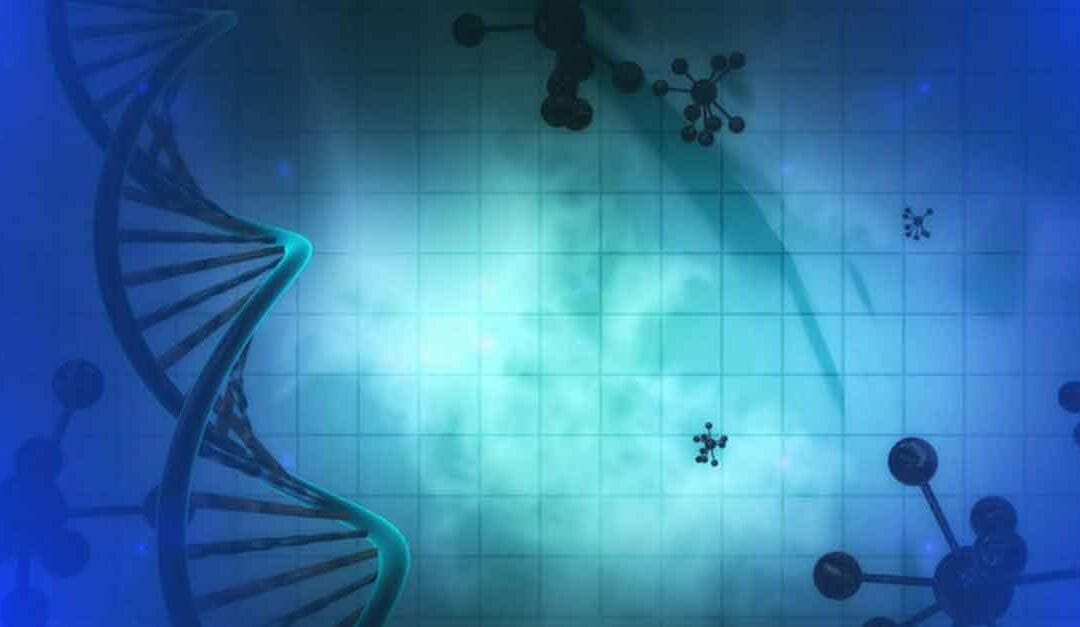If the mind tells the body what to take in from food – does it really matter what we eat?
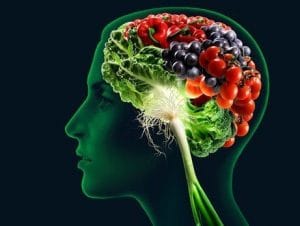
We have already seen that the body does not absorb from food everything it contains, but what the body’s intelligence chooses. The ingredients with which we build our bodies are in close dependence on our perception of the environment in which we live. If we see it as beautiful, carefree, fulfilling and so on, the intelligence will absorb from the food those substances that will enable the body to mirror that perception. If we see life as hard, unfair, frightening and so on, the body will react in accordance with that message.
It is the mind’s job to establish the link, the dependence, between the perception of reality and what is happening in our bodies, researchers have discovered. In effect, this means that the body follows its beliefs when it takes in ingredients from food, rather than the building blocks available to it.
For example, some extreme religious sects prove that they are “protected by God” by drinking lethal poison (e.g. strychnine) in lethal doses, but feel no effects.
In that case, we might ask, how much does it matter what food we eat … if the body is going to take from the food what suits our current view of life anyway?
It is certainly important. For several reasons.
Three reasons why it (still) matters what we eat …
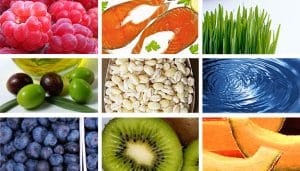
Firstly, if we provide the body with selected, unprocessed, fresh and naturally grown food as “input”, the body will in any case be “forced” to absorb (also) the beneficial substances from the food. (We will help the body especially if we turn the food into a liquid or at least a mushy form with the help of juicing. This will reduce the energy used for metabolism and digestion, and allow the body to use the remaining energy for healing, cell renewal, etc.)
For example, if you were to eat a nutrient-poor and/or industrially processed food that is also heavily laden with chemical preparations, your body would have to work hard to eliminate the beneficial building blocks. Of course, in theory, the body could also completely reject this type of food… but then the question arises as to where the body would get the raw materials to build cells in the first place.
The second reason why it pays to eat the way we choose is inconsistency in our thinking or perception of life. Are we really convinced that our view of life expresses such a high degree of confidence, contentment, sense of fulfilment, etc., that, according to this view, the body’s intelligence will only ever, ever sip beneficial substances from food?
Probably not.
After all, there are plenty of people who have eaten very carefully, known how the body works, regularly practised techniques to promote personal and spiritual growth, lived in awareness of what is going on around them, and so on – and ended up seriously ill. (Incidentally, doctors have discovered a new eating disorder called orthorexia, which is people who choose their diet too carefully, and this eventually turns into an obsession. In this case, eating becomes a stressful activity, which is the opposite of what we wanted to achieve.)
A third reason has only recently been discovered. When they did experiments on animals, they found a link between the food eaten and the effect on the activation of specific genes.
How a small molecule in food directly affects our genes
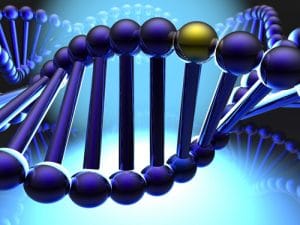
Scientists used to believe that inherited genes control our lives. So we are helpless victims who can only wait to see whether or not the gene responsible for a disease will be activated in us.
Later, they found that activation is influenced by our perception of the environment, not by the genetic make-up of the individual. In other words, the gene will be activated when we continue the family patterns and habits of the ancestors who developed the disease.
This phenomenon has been called epigenetics, meaning that it is an overarching process that triggers genetic changes, rather than an automatic and uncontrolled activation decision that originates from the genes themselves.
The latest finding is that gene activation is also influenced by a specific molecule in the diet called “micro-RNA” (miRNA). American researcher Dr Bruce Lipton*, referring to research by scientists Hervé Vaucheret and Yves Chupeau, says that miRNA molecules are essentially the mechanisms of epigenetics.
Lipton points out that until now, we have seen food as building blocks of the body, which have changed according to the choice and preparation of food; whether it is eaten raw, overcooked, frozen, etc.
“The miRNA molecule found in the food we eat is detected by our digestive system. It turns it into its own cells and regulates its genetics ,” says Liptonª.
This molecule is not altered by any temperature treatment, so it remains in its basic form even when food is overcooked, frozen, etc.
Lipton warns that GM foods are particularly dangerous because we do not know how the miRNA molecules in these foods affect our genetic make-up.
Let’s use common sense …
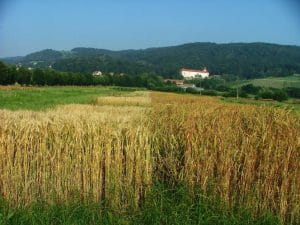
So it’s still best to use common sense and eat the food you choose. Ideally, we should eat food that we have processed ourselves, so that we know exactly where it was grown, how it was grown and when it was grown. If we don’t have that option, we buy it from somewhere in the local community. For example, in the village “with a farmer” who we know and who we know grows the food.
If we don’t have that option, we buy organic food from a known source. Ideally, you should know the origin of the food. Most of the time we can buy all our fruit and vegetables from one or two places, which makes it much easier. And the price will be better if we always buy from the same supplier and in larger quantities.
The best option if you don’t choose organic food …
If you can’t afford to do this, you can choose foods that are the least chemically processed. In an interview², Dr Jonathan Wright reported on a study carried out in America by national health organisations. They wanted to find out which foods are the most or least pesticide-laden.
The following vegetables and fruit contained the least pesticides:
- Belushi
- avocado
- banana
- broccoli
- cauliflower
- maize
- kiwi
- mango
- onions
- papaya
- pineapple
- sweet beans.
And the US non-profit research organisation Environmental Working Group (EWG) has researched which foods are the most pesticide-laden:
- apples
- Peppers
- carrots
- green
- cherries
- Grapes (imported)
- green sprouts
- lettuce
- nectarines
- peaches
- pears
- strawberries.
According to their research, asparagus, avocados, broccoli, cabbage, aubergines, kiwifruit, mangoes, onions, papaya, pineapple, tomatoes, watermelon, corn and sweet beans contain the least pesticides.
They suggest that if you want to save money, you should buy organic food from the first group and conventional food from the second.
¹ Source: https://www.nature.com/cr/journal/v22/n1/full/cr2011164a.html
² Health Science Institute, HSI eAlert, 18.02.2011
³ Bottom line Secrets, 04.05.2011
ª Bruce Lipton, “You Are What You Eat”, 19.10.2012, source: https://www.youtube.com/watch?v=TtwTEHW8_8k
* Bruce Lipton’s books “Spontaneous Evolution” and “The Biology of Beliefs” are now also available in Slovenian.
This article is based on the book “The Big Ugly Crisis”, by Boris Vene and Nikola Grubiša.
